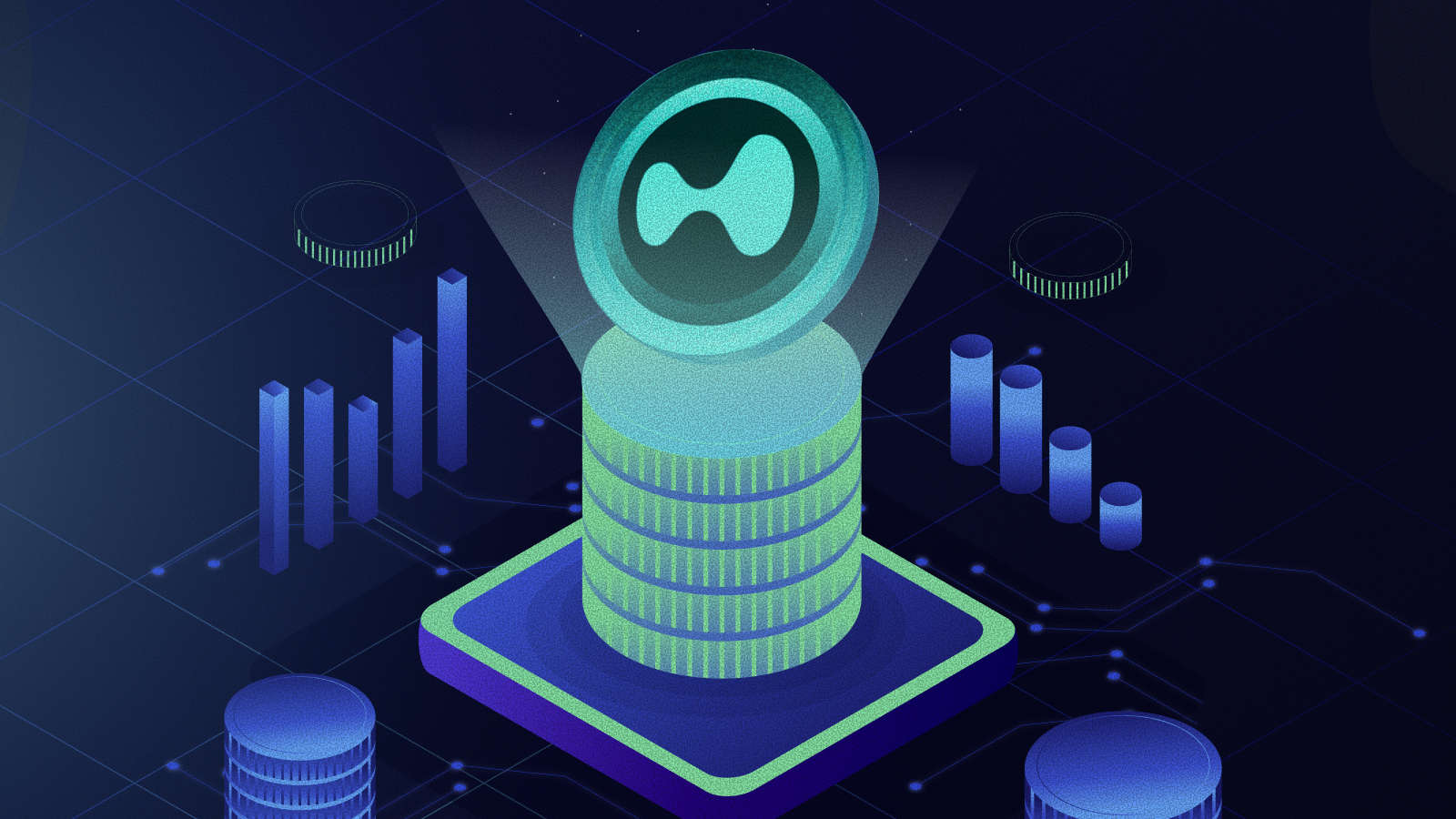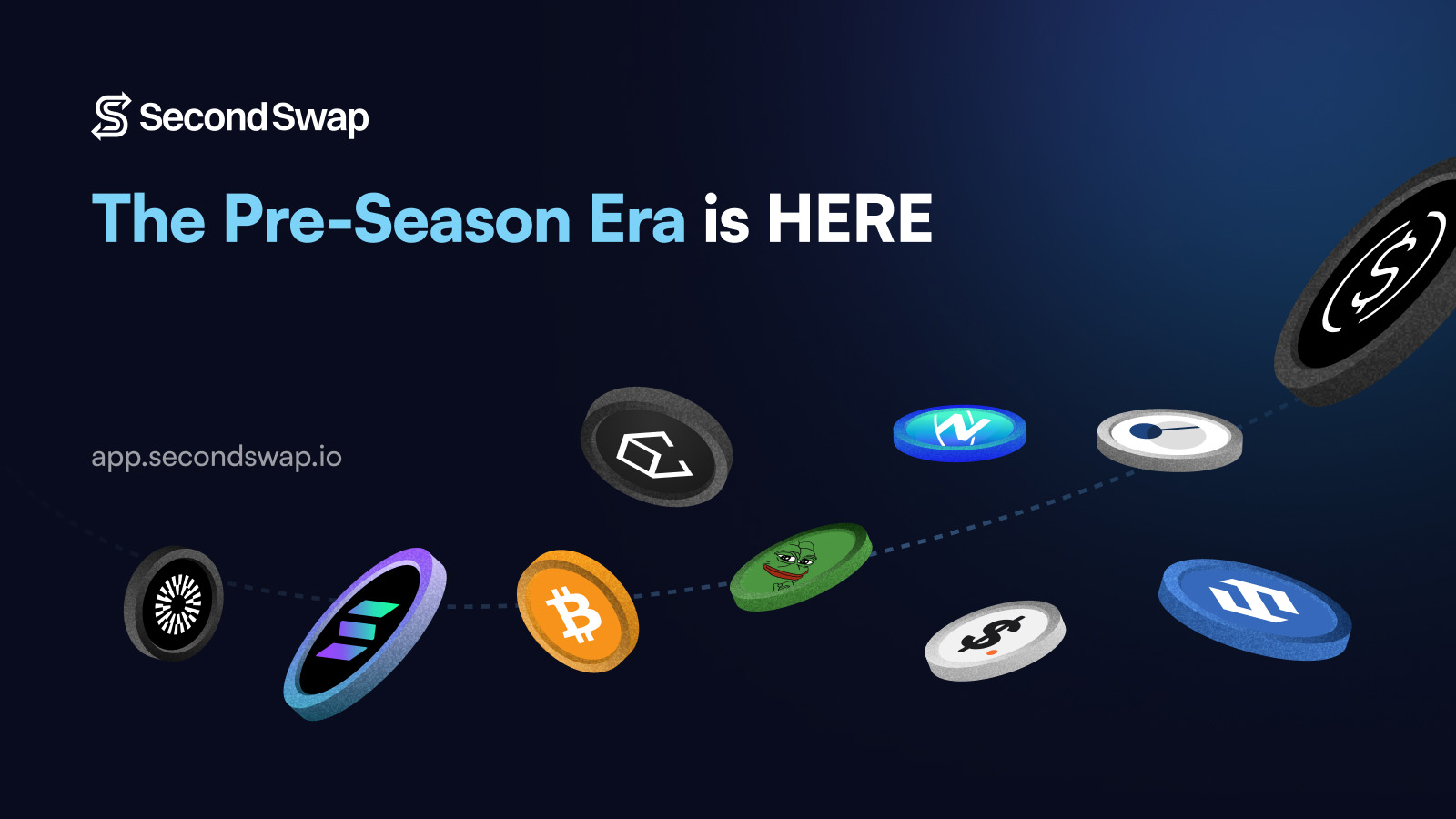The future of token trading and vesting in decentralized markets
The maturing of the crypto environment brings with it a heightened level of financial tool refinement.

The maturing of the crypto environment brings with it a heightened level of financial tool refinement.
Token trading and vesting have evolved over time, but in the long run, they have become a double-edged sword, with well-designed tools aligning incentives and stopping sell-offs but at the price of inefficiencies, liquidity, and caps in expansion.
For this, the industry is taking a couple of turns in new directions: decentralized options that redefine trading in tokens and vesting in a new form. In the future, it must be innovation that brings ease of liquidity, steadiness, and freedom for everyone in token markets.
The disadvantage of traditional token vesting
The traditional token vesting schedule seeks to protect projects from sell-offs in a downturn in the marketplace by locking investors in for a long period of time. There are, however, a few unintended consequences in store for such an act, including:
- Liquidity restrictions: Earlier investors are locked in, and no one can sell off tokens, nor can one access funds during a period of vesting.
- Exclusion for new investors: Acquirers who seek to enter a project in its early phases have no access, and no mechanism to purchase vested tokens.
- Inefficiencies for protocols: Project groups have to manage liquidity risks and, at times, even have to authorize token transfers, creating unnecessary operational complexity.
Such restrictions have become increasingly apparent with a maturing marketplace and a demand for flexible options.
The rise of decentralized secondary markets
Decentralized secondary markets will redefine the future of token trading. SecondSwap and a variety of its types make such safe and transparent, schedule-disruptive trading in locked tokens a reality. This redefines investors, buyers, and the protocols’ future.
How decentralized trading works
Through smart contracts and decentralized platforms:
- Sellers can sell locked tokens, unlocking immediate liquidity at no sacrifice in terms of vesting.
- Buyers can buy such tokens, taking in early vesting terms in exchange for future value.
- Protocol owners have liquidity control through approval of transactions and fee collection for each swap.
The model eliminates Over-the-Counter (OTC) trading inefficiencies, such as lack of transparency and counterparty risks, and introduces trust and transparency in the marketplace.
The smart contract-powered answer
The smart contract is at the heart of this new model. By automating trading in tokens, smart contracts provide:
- Transparency: All orders and transactions can be viewed in the blockchain, providing transparent information regarding buy and sell orders.
- Efficiency: Trades go through seamlessly with no intervention.
- Security: Counterparty risks are eliminated with smart contracts, which apply terms for each trade.
Decentralized secondary markets become a logical progression for trading in tokens with such capabilities, following in general tenets of blockchain technology.
A new token vesting norm
For token ventures, taking a decentralized vesting answer comes with numerous advantages:
- Flexibility: Vesting terms can be individualized and can function with secondary trading.
- Scalability: Automated processes simplify strain in development groups, allowing them to prioritize expansion.
- Liquidity management: Protocols can manage marketplace terms through controlling availability of tokens for secondary trading.
SecondSwap has already started trending towards such approaches, allowing tokenomic models to adapt and develop in an ever-changing marketplace.
Shaping decentralized finance
The future of token trading and vesting is being defined by solutions that prioritize liquidity, transparency, and efficiency. Decentralized secondary markets are not just a solution to the challenges of locked tokens — they are a cornerstone of the next phase in decentralized finance.
As these innovations gain traction, the crypto industry will move closer to a more inclusive, efficient, and resilient ecosystem. For investors, protocols, and buyers, the future of token trading is decentralized, flexible, and built to last.
Be one of the first to experience how SecondSwap is changing DeFi and sign-up today.



